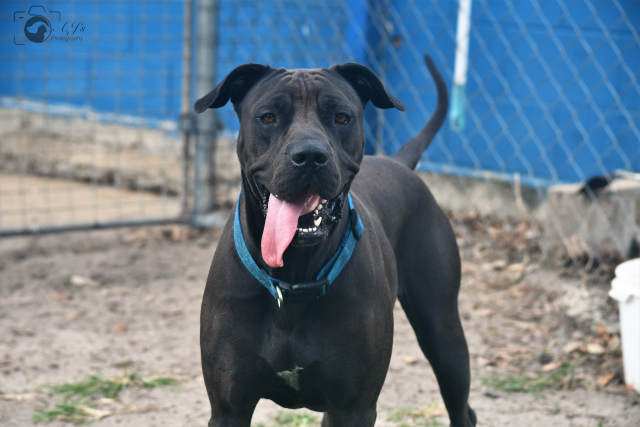The RSPCA has issued a reminder to pet owners to consider their furry friends as we prepare for the cold months ahead.
Dr Liz Walker, RSPCA Victoria’s chief executive, said that while some animals can live happily outdoors in colder weather, they still require extra care and consideration during the Winter months.
“Some parts of Victoria regularly see sub zero temperatures which can pose significant welfare risks for animals. There are many things we can do to prepare and ensure our animals stay warm and protected from the winter elements.
“Winter brings a new influx of cruelty reports to our Inspectorate. Last year RSPCA Victoria received over 4700 cruelty reports during the winter months, with common issues being underweight animals, insufficient food and shelter, poor husbandry and lack of veterinary treatment.
“It’s important pet owners consider any additional requirements needed during winter, such as extra bedding, more food and adequate shelter away from the wind and rain.”
Cold weather pet care tips
Outdoor pets – always ensure they have proper shelter and a place to sleep away from the elements.
Indoor pets – make sure they have a warm place to sleep away from drafts and also make sure heating units are safe so that pets don’t suffer burns.
Vulnerable pets – often suffer in cold weather and need extra care to keep them comfortable, especially those who are very young, elderly, live outdoors or suffer from health conditions such as arthritis.
Small animals – where possible keep rabbits and guinea pigs indoors as their body temperatures can drop dangerously low in cold weather.
Horses – some require extra warmth and protection so rug horses according to age, breed, type of exercise and the climate, but never leave summer rugs on horses in wet weather.
Farm animals – should be able to move from their paddocks into three-sided shelters to escape the cold, rain and wind. Chickens will need extra bedding to keep them warm.
Shelter – all animals require some type of shelter and must be able to protect themselves from the winter elements. Three sided shelters for horses and livestock, enclosed areas with warm bedding for others.
Food – animals may require more food during cold weather as it takes more energy to regulate their body temperature in the cold. Consult a veterinarian on what is right for your pet.
Water – access to water during cold weather is still important, so make sure to check outdoor water bowls and troughs aren’t frozen and provide more than one water source where possible.
Exercise – animals still require exercise even in colder weather. If your dog spends a lot of time indoors, make sure to provide them with enrichment, such as games and food dispensing toys, to keep their minds active.
For more information about caring for pets in cold weather, which dogs need jackets and when to rug your horse, visit RSPCA’s Knowledgebase.

















